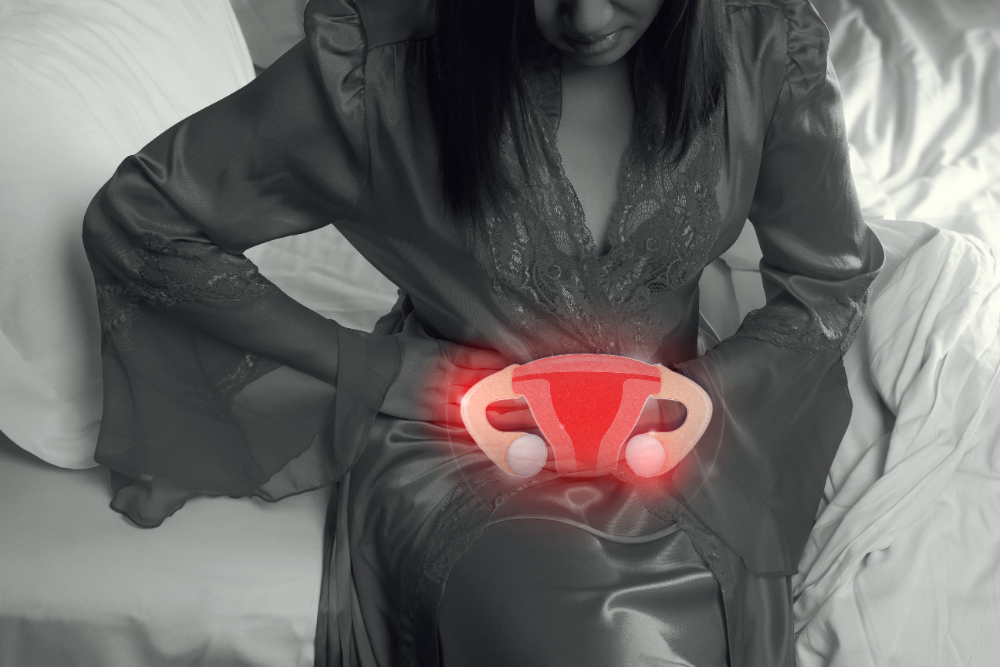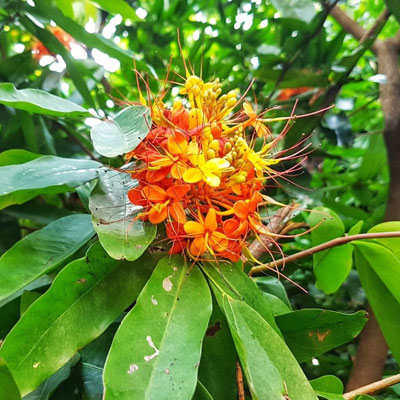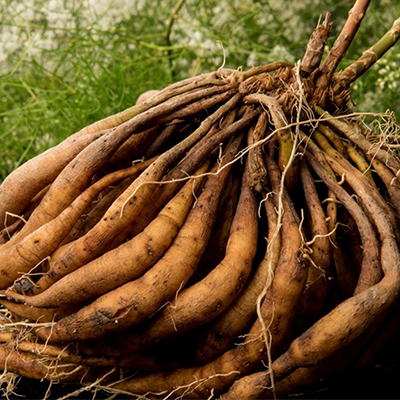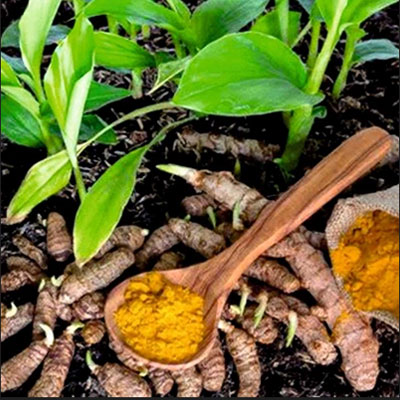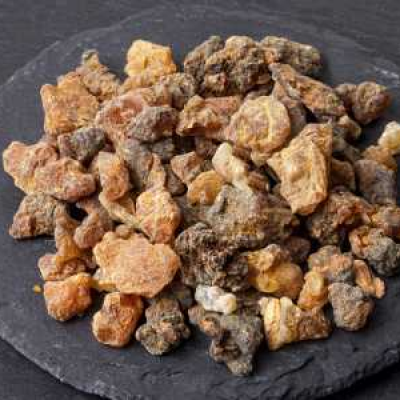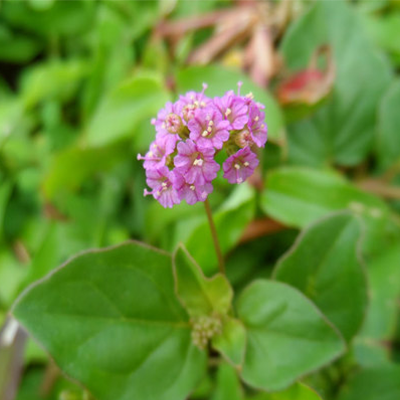What is Endometriosis?
Endometriosis is a chronic gynaecological condition in which tissue similar to the lining of the uterus (endometrium) grows outside the uterus. These growths, called endometrial implants, may be found on the ovaries, fallopian tubes, outer surface of the uterus, pelvic cavity, or even on the bladder and intestines.
This ectopic tissue behaves like normal endometrial tissue—it thickens, breaks down, and bleeds during the menstrual cycle. However, since the blood has no way to exit the body, it can lead to inflammation, scarring, and adhesions, causing significant pain and complications.
Causes of Endometriosis
The exact cause is unknown, but several theories have been proposed:
- Retrograde Menstruation: Menstrual blood containing endometrial cells flows backward into the pelvic cavity instead of leaving the body.
- Genetic Predisposition: A family history of endometriosis increases the risk.
- Hormonal Imbalance: High estrogen levels may promote endometrial tissue growth outside the uterus.
- Immune System Dysfunction: An impaired immune system may fail to recognize and destroy misplaced endometrial tissue.
- Surgical Spread: Endometrial cells may be transferred during surgeries such as a caesarean section.
- Embryonic Cell Transformation: Certain embryonic cells may transform into endometrial-like tissue under certain conditions.
Signs and Symptoms of Endometriosis
1. Pelvic Pain
- Chronic pain, especially before and during menstruation.
- Pain during ovulation or intercourse (dyspareunia).
2. Menstrual Irregularities
- Heavy bleeding (menorrhagia).
- Spotting between periods.
3. Digestive Symptoms
Bloating, constipation, or diarrhoea during menstruation.
4. Infertility
Difficulty in conceiving due to adhesions or blocked fallopian tubes.
5. Other Symptoms
- Fatigue.
- Pain during urination or bowel movements, especially during menstruation.
Risk Factors for Endometriosis
- Reproductive Age: Common in women aged 25–40.
- Family History: Higher risk if a close relative has the condition.
- Early Menstruation: Starting periods before age 11.
- Short Menstrual Cycles: Less than 27 days.
- Prolonged Menstrual Flow: Periods lasting longer than 7 days.
- Delayed Childbirth: Women who haven’t given birth or conceive later in life.
Complications of Endometriosis
- Infertility: Affects approximately 30-40% of women with the condition.
- Chronic Pelvic Pain: Persistent discomfort can affect quality of life.
- Adhesions and Scarring: Can lead to pain and organ dysfunction.
- Ovarian Cysts: Formation of endometriomas (chocolate cysts).
- Emotional Impact: Increased risk of anxiety, depression, and stress.
Ayurvedic Interpretation of Endometriosis
In Ayurveda, endometriosis can be correlated with Udavarta (retrograde flow of Vata), where the Apana Vata (the downward-moving energy responsible for menstruation and elimination) is obstructed, leading to an abnormal flow of menstrual blood.
Dosha Involvement
- Vata: Pain, irregular periods, and dryness.
- Pitta: Inflammation, burning sensations, and heavy bleeding.
- Kapha: Formation of cysts, adhesions, and sluggish metabolism.
Ayurvedic Treatment for Endometriosis
Ayurvedic treatment aims to balance the doshas, detoxify the body, and rejuvenate the reproductive system. Ayurvedic treatment aims to balance the doshas, detoxify the body, and rejuvenate the reproductive system.
Panchakarma Therapies
- Virechana (Purgation Therapy): Removes Pitta and toxins from the body.
- Basti (Medicated Enemas): Specially tailored enemas to balance Vata and relieve pelvic pain.
- Uttar Basti: A specific therapy for uterine health using medicated oils or decoctions.
- Abhyanga (Oil Massage): Improves circulation and relieves pain.
Dietary Guidelines
- Avoid spicy, sour, and fried foods that aggravate Pitta.
- Favour light, easily digestible, and freshly prepared meals.
- Include warm water, ginger tea, and fibrous foods to support digestion and reduce Ama.
- Consume cooling foods like cucumber, aloe vera juice, and coconut water to pacify Pitta.
Lifestyle Modifications
- Practice stress management through yoga, pranayama (breathing exercises), and meditation.
- Avoid strenuous physical activity during menstruation.
- Follow a regular sleep schedule to regulate hormonal cycles.
External Applications
- Castor Oil Packs: Applied to the abdomen to reduce pain and inflammation.
- Turmeric and Neem Paste: External application to alleviate pelvic discomfort.
Internal Herbal Medicines
Ashoka (Saraca indica)
Regulates menstrual cycles and reduces pain.
Shatavari (Asparagus racemosus)
Nourishes the reproductive system and balances hormones.
Haridra (Turmeric)
Anti-inflammatory and pain-relieving.
Guggulu (Commiphora mukul)
Reduces adhesions and inflammation..
Punarnava (Boerhavia diffusa)
Acts as a diuretic and detoxifies tissues.
Endometriosis is a challenging condition with significant physical and emotional impacts. Ayurveda offers a holistic approach to manage the condition by addressing its root causes, balancing doshas, and improving overall well-being. A combination of herbal remedies, detoxification therapies, lifestyle adjustments, and dietary modifications can provide long-term relief and support reproductive health. Consulting an Ayurvedic practitioner for a personalized treatment plan is essential.


